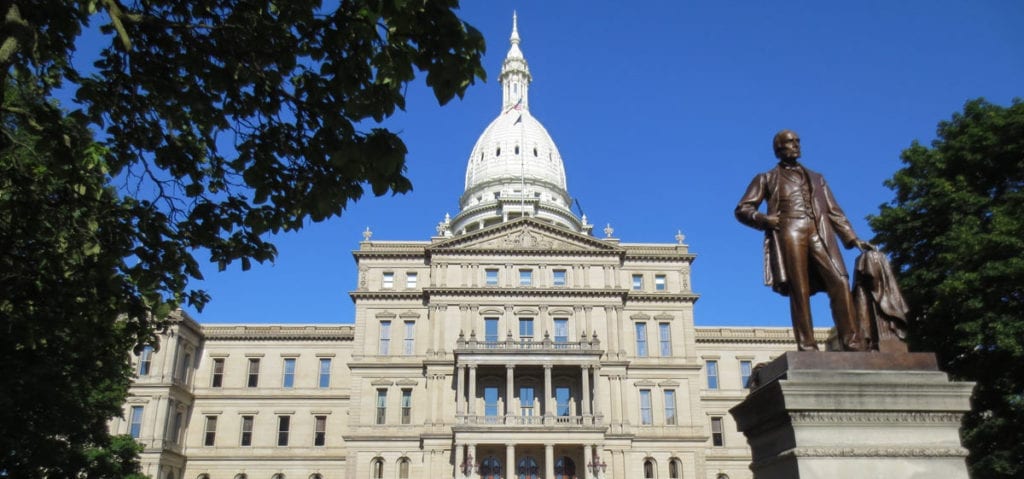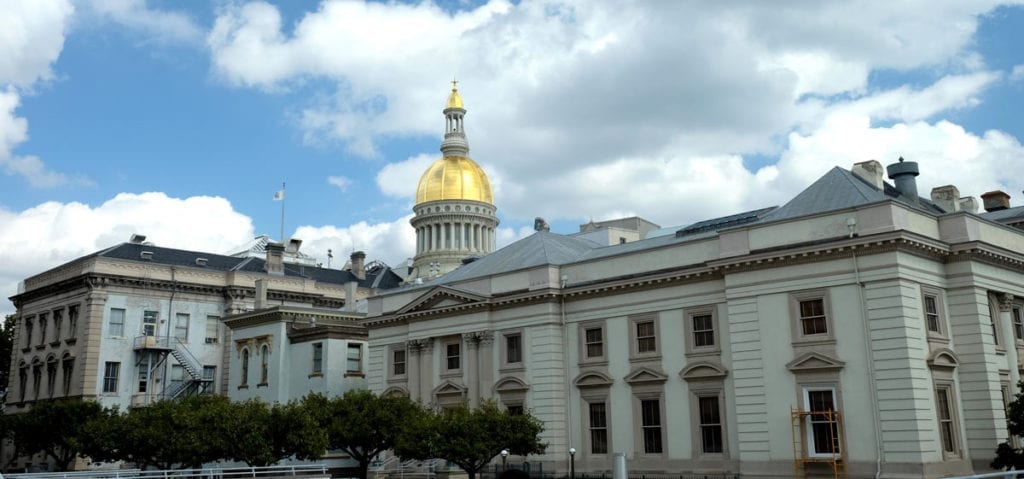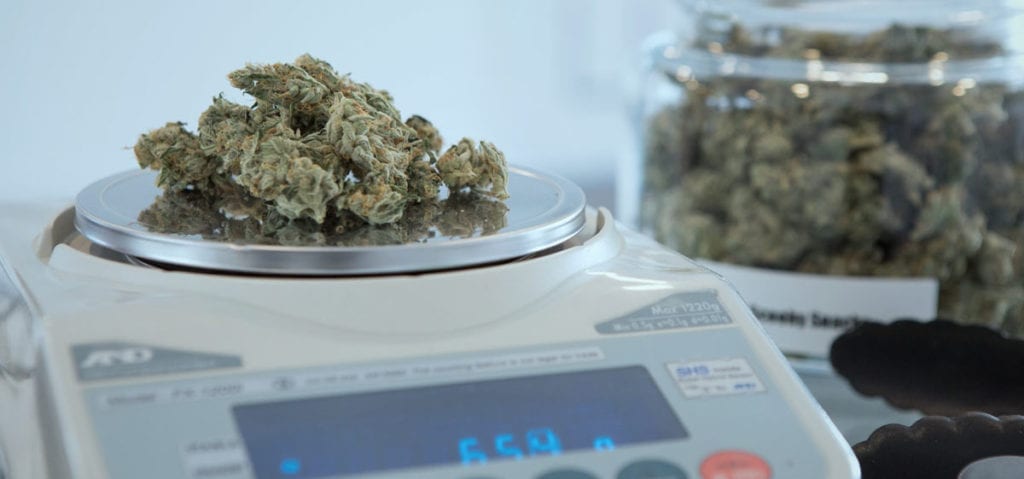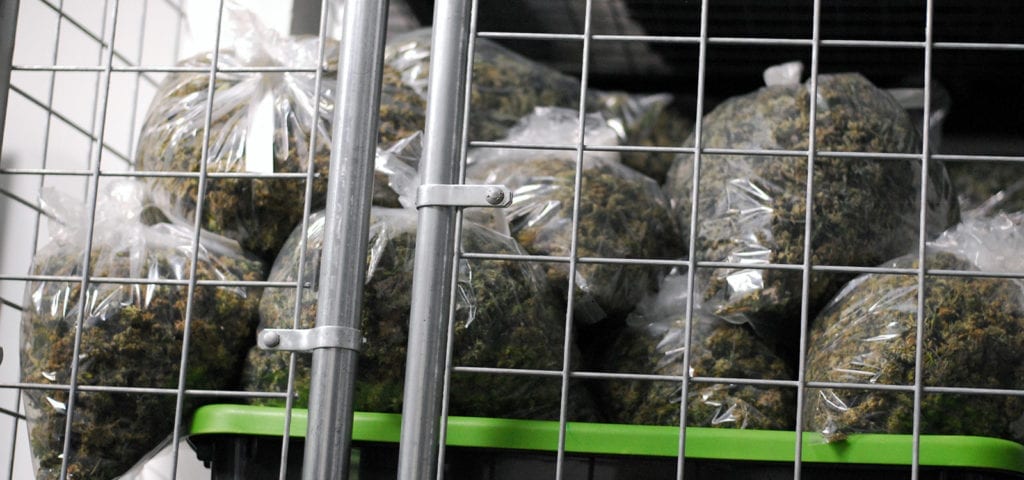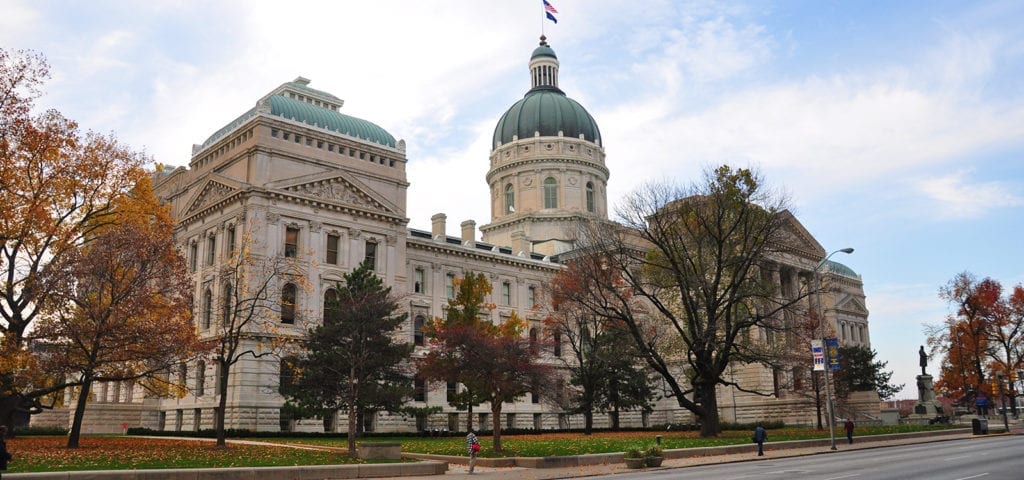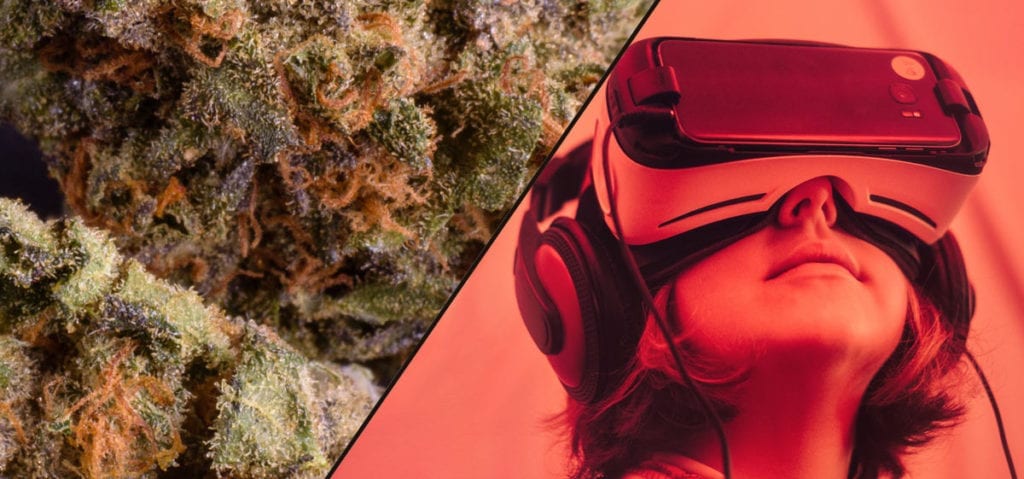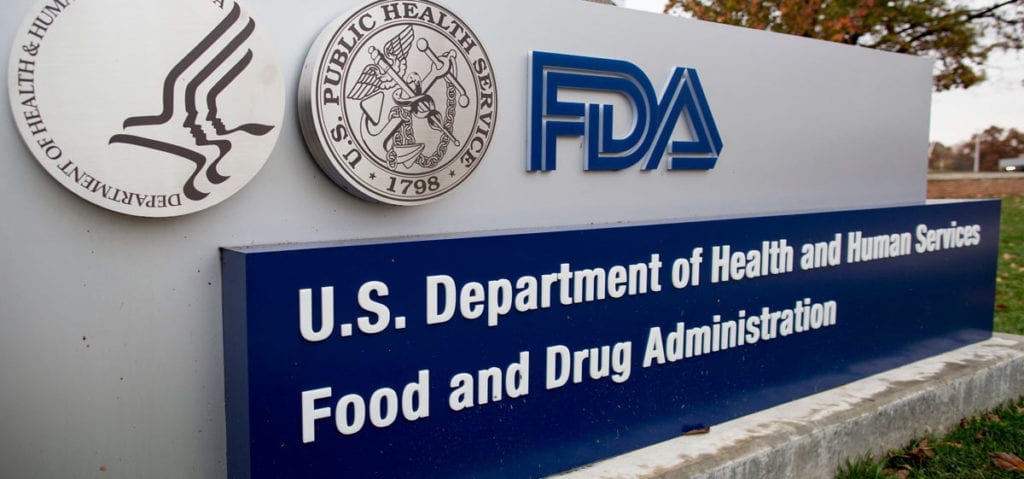Michigan’s Department of Licensing and Regulatory Affairs has released a list of 60 cities that have notified the Department that they will be opting out of legal cannabis sales, according to the Detroit Metro Times.
Michigan voters legalized adult-use cannabis via Proposition 1 in the 2018 midterms. However, the structure of the proposition allows for any municipality to opt out. While the list released by Michigan regulators is not finalized, it is indicative that many towns and cities will indeed be opting out out of at least parts of the program.
The list contains 60 municipalities, though it’s expected that there will be even more who choose to reject legal cannabis as the current list contains only municipalities that informed Michigan regulators as a courtesy.
The cities currently opting out are allowed to eventually opt back in, so there’s no guarantee that legalized cannabis sales and operations will be forever banned in these towns. Possession is also not affected by the opt-out and will be legal statewide. This list only applies to those forbidding retail outlets and other businesses.
The list so far includes:
- Cheshire Township (Allegan)
- Overisel Township (Allegan)
- Three Oaks Township (Berrien)
- Coldwater Township (Branch)
- Newberg Township (Cass)
- Volinia Township (Cass)
- Sault Ste Marie (Chippewa)
- Dallas Township (Clinton)
- Greenbush Township (Clinton)
- Ironwood (Gogebic)
- Ingham Township (Ingham)
- Williamston (Ingham)
- Caspian (Iron)
- Nottawa Township (Isabella)
- Brady Township (Kalamazoo)
- Charleston Township (Kalamazoo)
- Portage (Kalamazoo)
- Prairie Ronde Township (Kalamazoo)
- Ada Township (Kent)
- Cleveland Township (Leelanau)
- Fairfield Township (Lenawee)
- Oceola Township (Livingston)
- Pentland Township (Luce)
- Village of Armada (Macomb)
- Frenchtown Charter Township (Monroe)
- Monroe (Monroe)
- Ashland Township (Newaygo)
- Village of Milford (Oakland)
- Northville (Oakland)
- Grant Township (Oceana)
- Bridgehampton Township (Sanilac)
- Brown City (Sanilac)
- Village of Carsonville (Sanilac)
- Elmer Township (Sanilac)
- Flynn Township (Sanilac)
- Lamotte Township (Sanilac)
- Maple Valley Township (Sanilac)
- Marlette (Sanilac)
- Village of Melvin (Sanilac)
- Minden Township (Sanilac)
- Village of Port Sanilac (Sanilac)
- Sandusky (Sanilac)
- Speaker Township (Sanilac)
- Washington Township (Sanilac)
- Watertown Township (Sanilac)
- Algonac (St. Clair)
- Burtchville Township (St. Clair)
- Casco Township (St. Clair)
- Columbus Township (St. Clair)
- Kenockee Township (St. Clair)
- Richmond (St. Clair)
- St. Clair (St. Clair)
- Mottville Township (St. Joseph)
- Sherman Township (St. Joseph)
- Sturgis Township (St. Joseph)
- Tuscola Township (Tuscola)
- Geneva Township (Van Buren)
- Allen Park (Wayne)
- Grosse Pointe (Wayne)
- Plymouth (Wayne)
End
